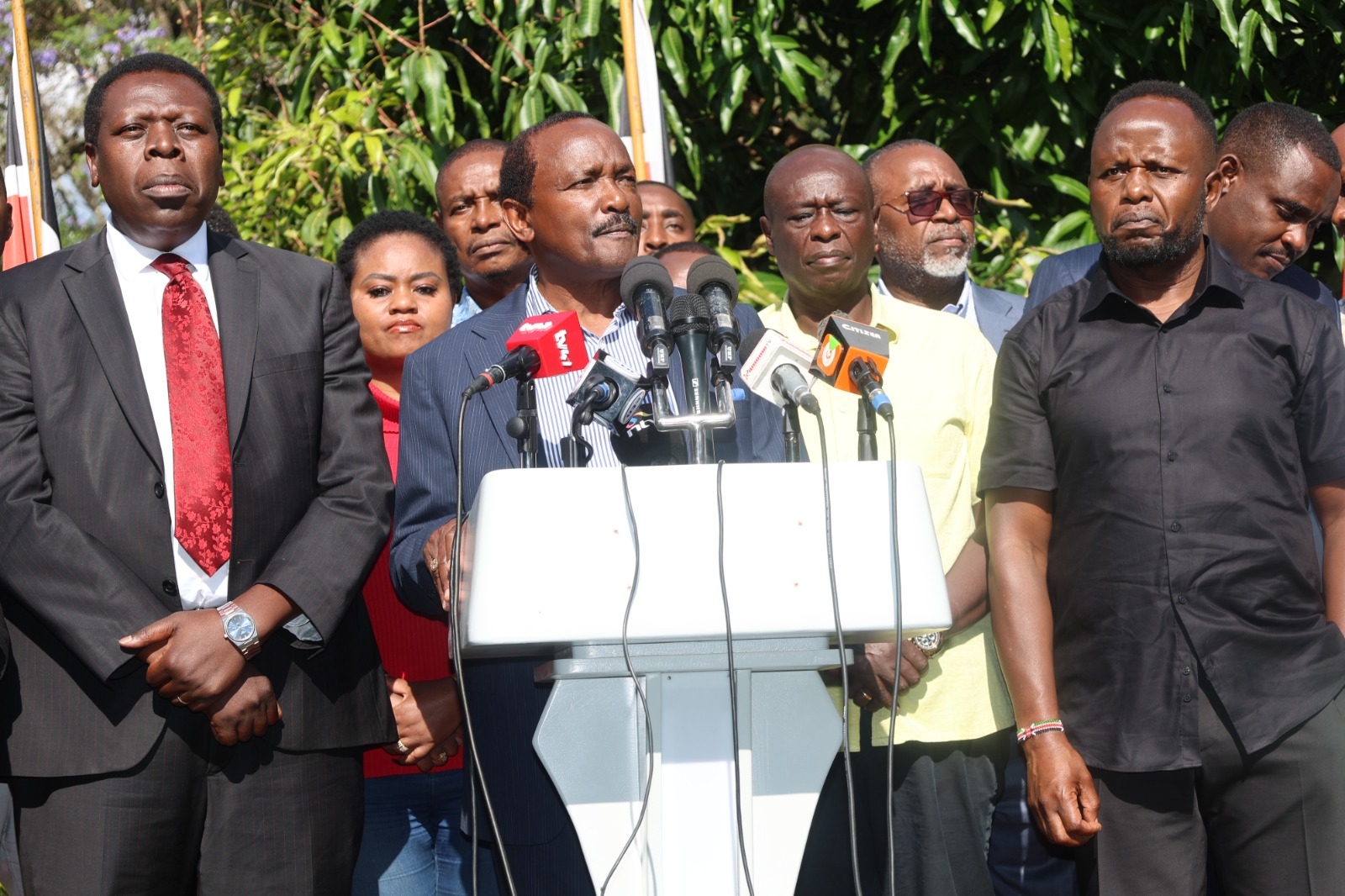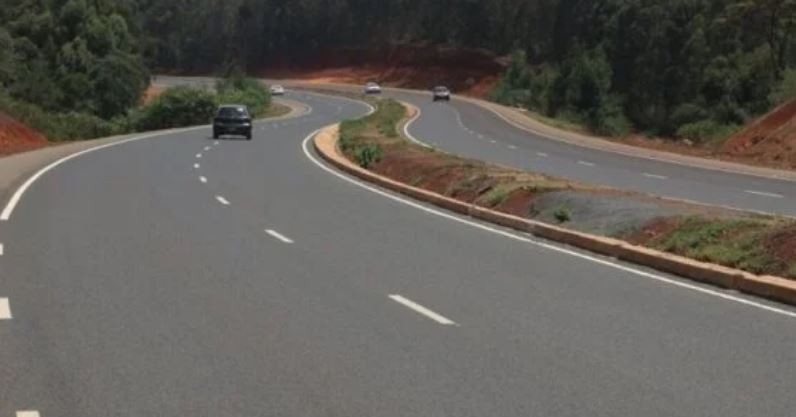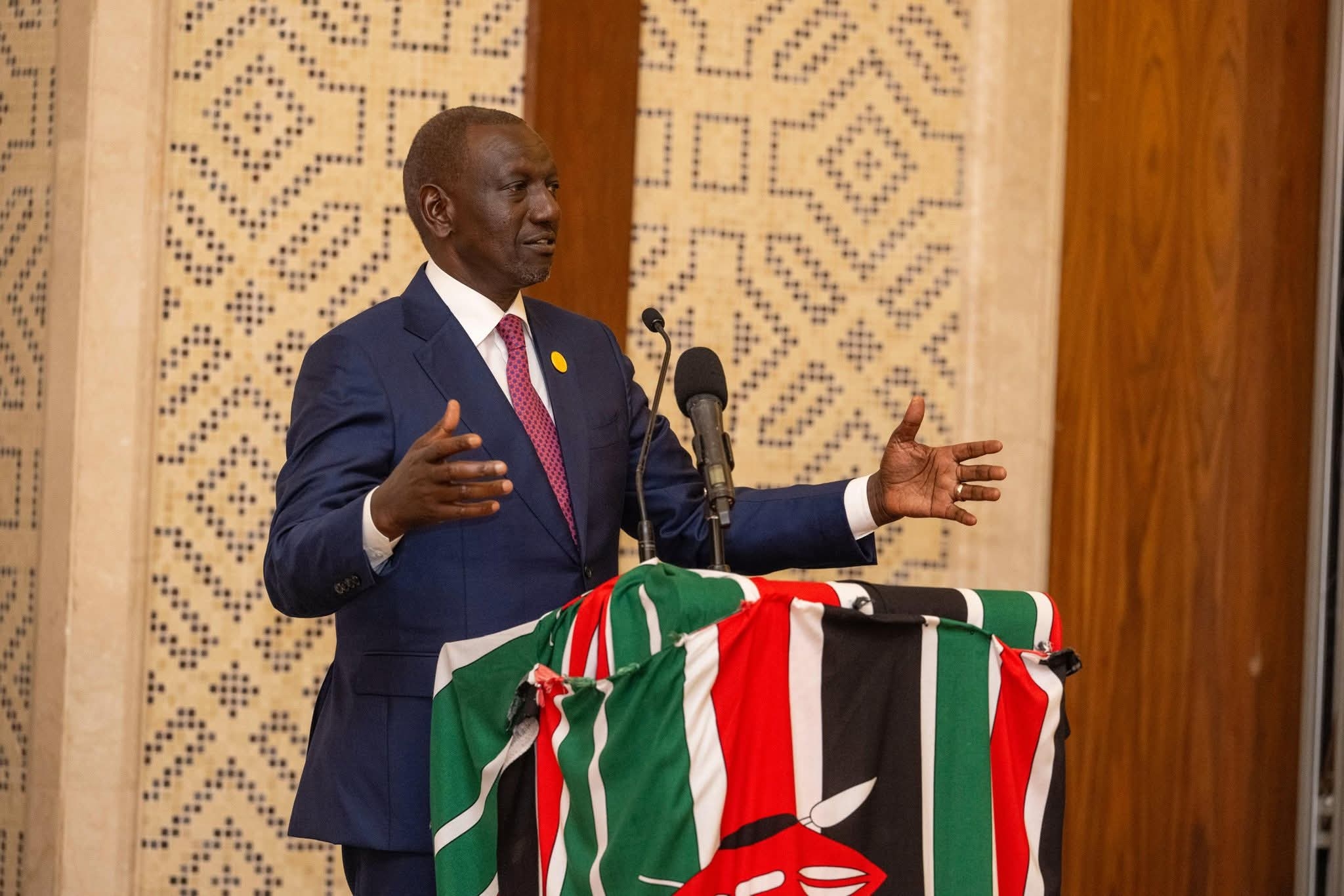World Food Programme has launched a fish value chain initiative to unlock the economic potential of Lake Turkana.
It also seeks to explore the trend on consumption of fish in and the behavioral and cultural factors affecting fish consumption.
The initiative, which is being funded by the Dutch Embassy, will be implemented by Turkana and Marsabit counties.
WFP heads of programmes at the Marsabit field office Gabriel Ekaale said studies have shown Lake Turkana is underutilised.
“Time has come for all us to put our heads together and make sure our people maximise the benefits that come with this lake. I am optimistic that this initiative will fully unlock the lake's growth,” he said.
Lake Turkana is a saline lake in the the Rift Valley. It is the world's largest permanent desert lake and the world's largest alkaline lake.
The lake is home to the Nile Perch, Tilapia and Labeo horie species of fish.
Marsabit county chief officer in charge of partner coordination Tache Elema said cultural barriers, poor fishing skills and equipment and accessibility is hampering fish consumption.
The rising water levels is also threatening livelihoods by swallowing some of the already established structures along the shoreline.
One of the structures under threat is the cold storage.
Elema said the programme will boost nutrition, improve economic status of the fisher folks and reduce conflicts.
Marsabit produced 4.6 tonnes of fish in 2023. It’s estimated that Kenya has annual fish demand of 600,000 tonnes against production of 400,000 tonnes.
Lake Turkana which supports 500,000 people indirectly and 7,000 fishers and over 6,500 fish traders remains largely under exploited.
Marsabit government says the lake has a capacity to produce 30,000 tonnes of fish annually but only 10,000 tonnes are being exploited currently.



















